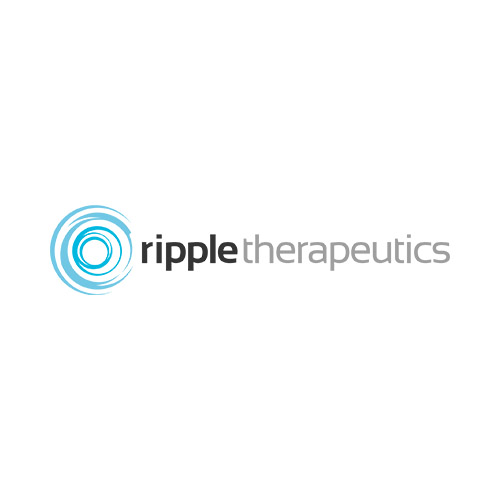
An article describing Ripple Therapeutics’ Epidel technology platform entitled, “Polymer-Free Corticosteroid Dimer Implants for Controlled and Sustained Drug Delivery,” was recently published in the peer-reviewed journal, Nature Communications.
The Epidel technology platform is founded on a discovery that drugs can be engineered into drug delivery implants without the use of polymers or excipients. Ripple’s implants and coatings are made up entirely from a prodrug, which is a new chemical entity, and when the drug is gone the implant is gone.
The flexibility in molecular design results in drug doses that are within the therapeutic window for a specified duration, delivering the right amount of drug for the right amount of time, which has the potential to improve patient safety and clinical outcomes.
“Surface erosion-based drug release enables the most controllable way to precisely design pharmacokinetics and pharmacodynamics for a target indication,” Dr. Wendy Naimark, chief technology officer of Ripple, said in a statement.
Ripple recently enrolled the first patients in RIPPLE-1, a Phase 2 clinical trial evaluating IBE-814 IVT, a proprietary intravitreal dexamethasone implant, targeting patients with diabetic macular edema and retinal vein occlusion. The trial seeks to provide a safer steroid implant with an extended clinical benefit.
Ripple also is developing a full product pipeline, including sustained-release therapeutics for glaucoma, post-cataract surgery and AMD.
The Nature Communications article can be accessed here.






